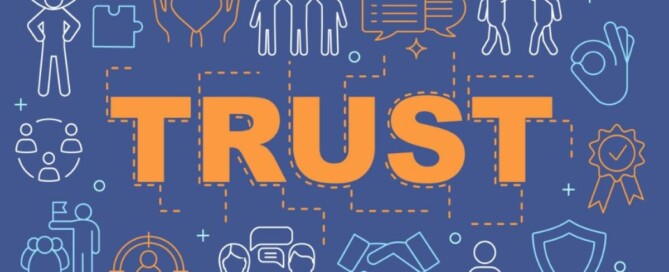The Similarity/Attraction Theory And Relationship Scams – 2024
The Similarity/Attraction Theory And Relationship Scams
Another Example of How Our Own Psychology Heavily Influences Our Susceptibility to be Deceived!
Primary Category: Psychology of Scams
Authors:
• Vianey Gonzalez B.Sc(Psych) – Psychologist, Certified Deception Professional, Psychology Advisory Panel & Director of the Society of Citizens Against Relationship Scams Inc.
• Tim McGuinness, Ph.D. – Anthropologist, Scientist, Director of the Society of Citizens Against Relationship Scams Inc.
About This Article
The Similarity/Attraction Theory posits that individuals are drawn to others who share similar characteristics, such as attitudes, values, interests, and backgrounds, creating a sense of comfort and predictability. This theory is linked to cognitive biases like confirmation bias, in-group bias, homophily, stereotyping, the halo effect, and similarity bias, that reinforce our natural preference for similar others.
Scammers exploit these biases in trust-based relationship scams by fabricating similarities to establish credibility and manipulate victims. By creating a sense of familiarity and emotional connection, scammers gain the victim’s trust and deepen their dependency.
Understanding these tactics and biases is important in recognizing and preventing scams.







